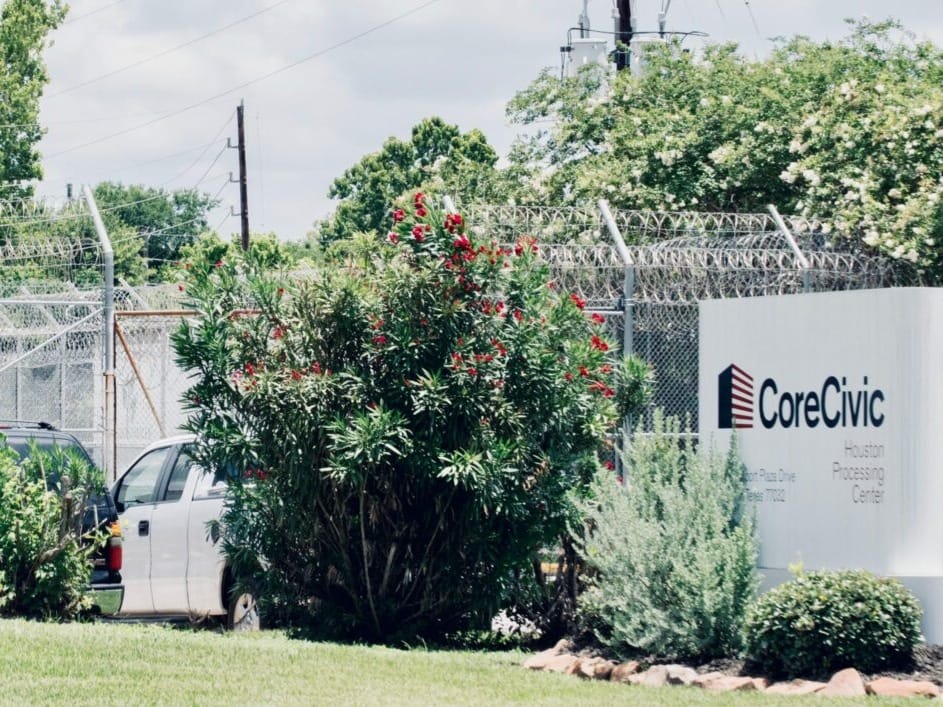GENEVA (AN) — The United Nations' top human rights official said she was "appalled" at conditions forced on adults and children held in detention after crossing into the United States from its southern border with Mexico.
Michelle Bachelet, a former president of Chile who has headed the Office of the U.N. High Commissioner for Human Rights, or OHCHR, since last September, emphasized on Monday that children should never be held in immigration detention or separated from their families.









